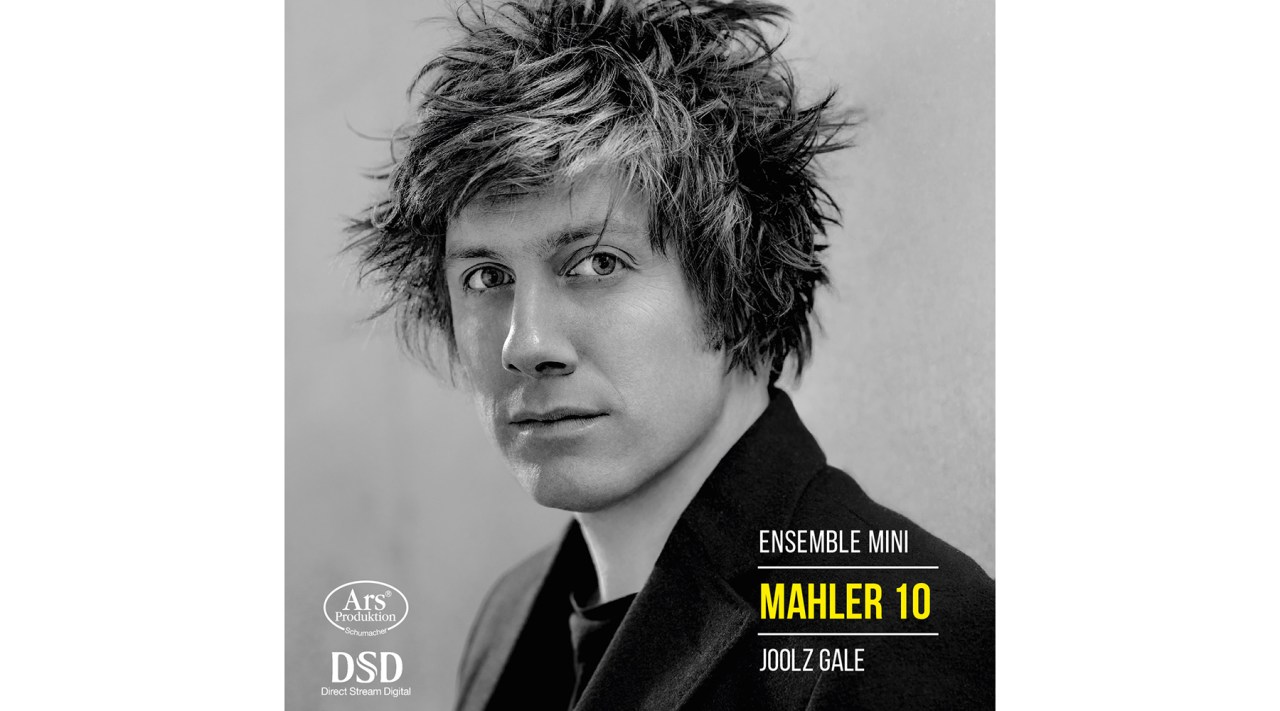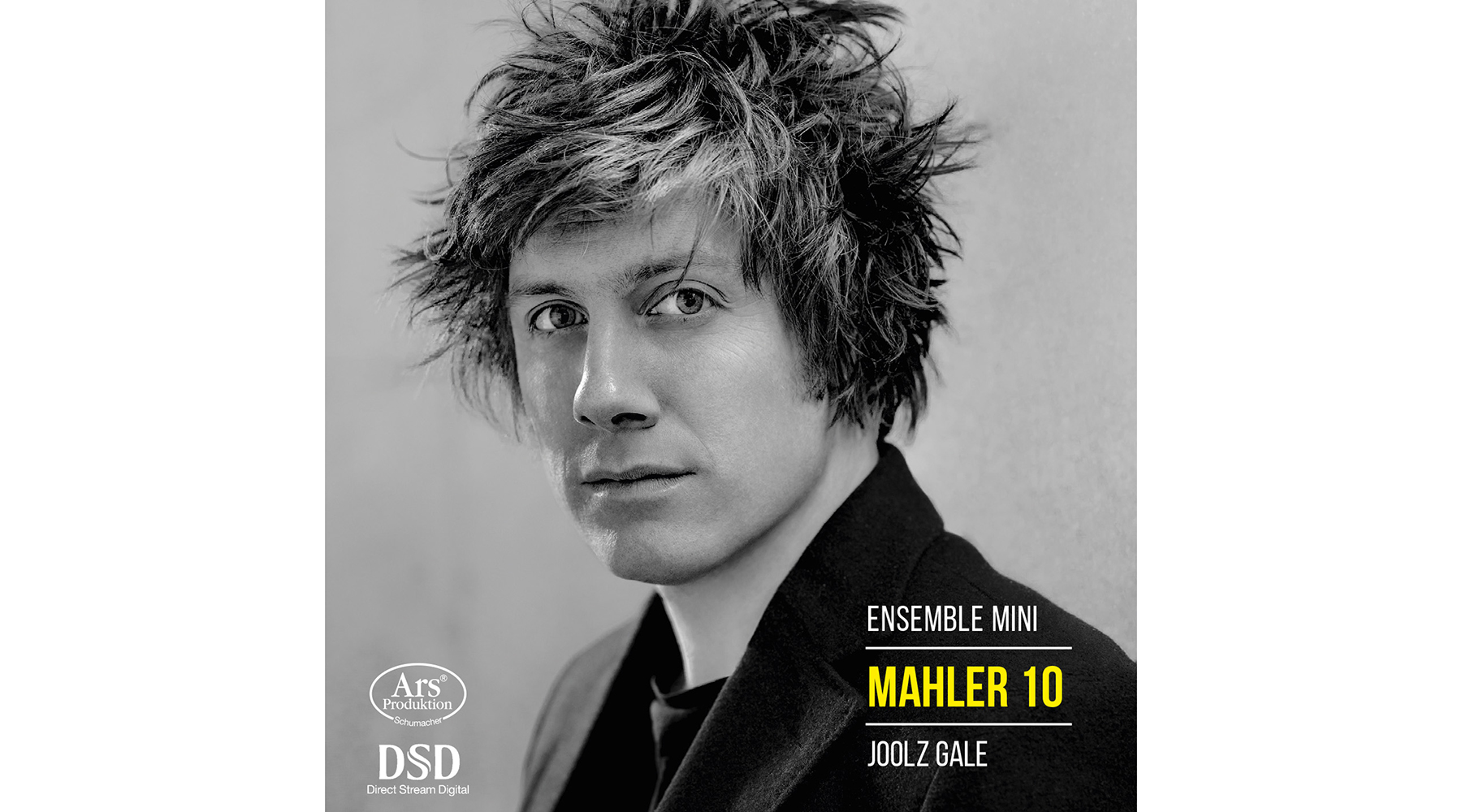There are many Symphonies No. 10 by Gustav Mahler, or none. The situation is rare, if not unique, in the history of music. Basic facts: Mahler finished the Ninth Symphony and Das Lied von der Erde in the summer of 1910. At the same time he discovered that his wife Alma was having an affair with Gropius, and that he had an incurable heart complaint and hadn’t long to live.
One might have thought that these last two completed works are as movingly valedictory as anything ever written, but Mahler’s view was more complicated than that, and he immediately set about writing a Tenth Symphony. Over and among the notes, he scrawled messages to Alma, God and even the Devil, anguished pleas and expressions of despair. The symphony was designed, it seems, to mark a new departure, but what might this new departure be? It looked for many years as if we would never know Mahler’s solution, genuine or attempted, to that question. Alma was in possession of many pages of manuscript, but it was taken for granted that they were fragmentary and anyway indecipherable.
Over and among the notes, Mahler scrawled messages to Alma, God and even the Devil
That turned out not quite to be the case. On closer examination the first movement was found to be not only legible but to all intents complete, and it was performed by several conductors, though Bruno Walter, Mahler’s closest collaborator, thought it should rest unplayed. Over the decades more of Mahler’s scrawls were uncovered or discovered, until the point was reached where several musicians thought it was possible to get the work into performable shape.
The most ardent, conscientious and altogether admirable toiler in this field was Deryck Cooke, a highly trained musician who wrote notes for BBC concerts and books on Romantic composers. A perfervid Mahlerian, he gradually put together what he always insisted was ‘a performing version of the sketches’ of the Tenth Symphony, though many people thought, or claimed, that he imagined he had composed it. Fortunately more of Mahler’s sketches were deciphered, and Cooke was able to fill in some gaps until he had a continuous score.
The best way into this work, which remains puzzling whatever is done to or with it, is to get the three CDs published by Testament, an invaluable and indispensable public service. The first CD contains the incomplete first version, conducted by Berthold Goldschmidt, with Cooke providing an introduction and commentary; the second is the work without commentary. The third CD is the first complete performance of the full-length version, from the Proms in 1964, with the LSO conducted once more by Goldschmidt.
Since then it has entered the repertoire, and there are now more than 30 recordings of the work — some of them in versions completed by other composers or musicians. But the Cooke version justly remains by far the most commonly played. Reactions to it by Mahler conductors have been mixed: the older generations — Bernstein, Haitink, Abbado, Kubelik, etc— have refused to conduct it. Klemperer, a close disciple of Mahler, dismissed it as ‘a scandal’. He was ignorantly and brutally rude to Cooke, and got his daughter to send him a card: ‘Cooke, my father does not want to hear from you,’ while himself conducting the first movement, in a version that he truncated.
The latest recording, just arrived, is by the Ensemble Mini (Ars Produktion), which describes itself as ‘the carbon-neutral and environmentally-friendly answer to orchestral music’. But is orchestral music waiting for an answer? The idea is that a small collection of first-rate musicians, working with reduced versions of orchestral works, can travel round much more cheaply than a full-sized orchestra: undeniable, but the results will of course be very different. Ensemble Mini arrived in time for the pandemic, so that has given it a big hand-up. The version of Mahler they perform is by Michelle Castelletti and for 16 players, including an accordionist, and conducted by their founder Joolz Gale. Castellatti relies heavily, as I’m sure she would admit, on Cooke.
The symphony opens in agonised late-romantic mode, reminiscent of the Prelude to Act Three of Tristan. But it’s not long before the chamber-music dimensions of sound make a marked difference in effect to the orchestral version. It’s hard to say precisely what the difference is, except in a few places, such as the stunning outburst in the first and last movements, when nine notes are shrieked simultaneously — though I must add that in Hermann Scherchen’s recording (of the first movement only) that sound, and the hysterical lyricism that succeeds it, may be the most apocalyptic I have ever heard of anything. Mahler’s two scherzos — second and fourth movements — are in his caustic vein, familiar from his earlier works, but with strident dissonances. The third movement, called ‘Purgatorio’, is a puzzle: four minutes long and quite harmless, if this is purgatory I feel free to commit umpteen non-mortal sins. Most impressive is the last movement, which begins with terrifying drum thwacks, from which slowly emerges a divinely beautiful and moving flute solo, and from then on there is no doubt that Mahler 10 deserves a place in the repertoire, and that Ensemble Mini throws new light on it.







Comments